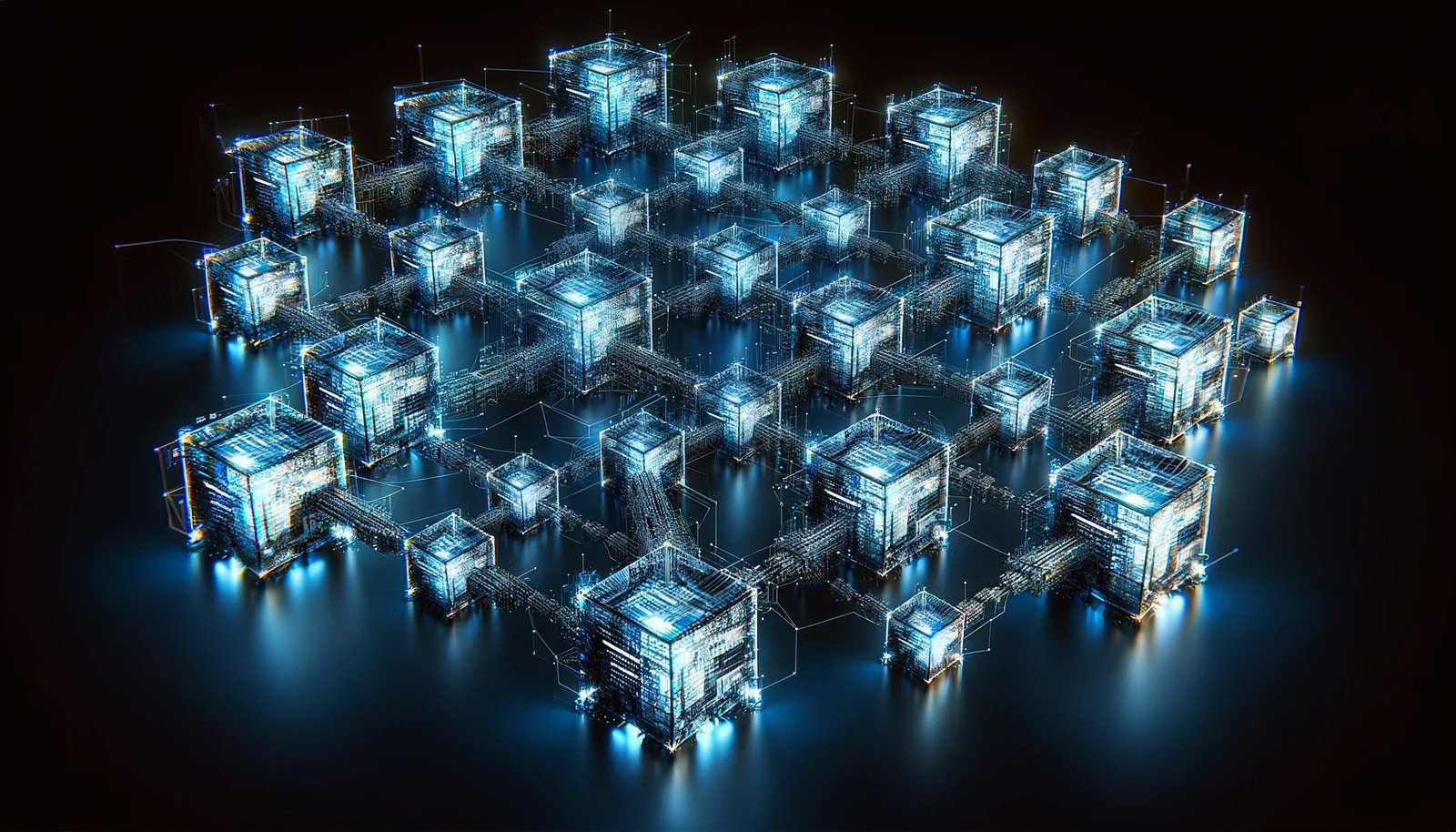
Blockchain introduces decentralized systems that empower players by granting them more control over their in-game interactions and assets. Unlike traditional centralized servers, blockchain-based games operate on distributed ledgers, offering enhanced security, transparency, and autonomy.
For game developers, blockchain software opens avenues for creating robust in-game economies and enabling novel gameplay experiences. For players, it offers a more immersive and secure gaming environment where achievements and assets hold tangible value.
Decentralized gaming platforms leverage blockchain to create a level playing field for all participants. These systems reduce reliance on intermediaries, ensuring a fairer and more transparent gaming experience. Benefits include:
Smart contracts are self-executing agreements coded directly into the blockchain, streamlining in-game transactions. They enforce rules automatically, ensuring:
Non-Fungible Tokens (NFTs) have emerged as the cornerstone of blockchain gaming. These unique digital assets represent in-game items such as characters, weapons, and skins, with ownership recorded on the blockchain. Unlike traditional game items, NFTs are scarce, verifiable, and can be traded on marketplaces for real-world currency.
Blockchain gaming has redefined asset ownership by transferring control from game developers to players. This paradigm shift ensures that in-game assets are genuinely owned by players, can be used across multiple platforms (interoperability), and retain value outside the game’s ecosystem.
Blockchain provides gamers with the ability to monetize their skills and achievements. Play-to-earn (P2E) models reward players with cryptocurrencies or NFTs for their in-game activities. This not only incentivizes participation but also opens avenues for players to earn passive income, trade or sell valuable items, and invest in in-game assets with real-world utility.
Esports, a global phenomenon, is being revolutionized by blockchain technology. Traditional challenges such as lack of transparency in prize distribution and fairness in competition are being addressed through blockchain-based solutions.
Blockchain ensures that:
Decentralized platforms enable:
Several gaming platforms are actively incorporating blockchain to enhance user experiences and operational efficiency. These platforms leverage blockchain to provide players with a secure environment, seamless transactions, and true ownership of assets.
For developers, blockchain offers tools to create more engaging and profitable games. Players benefit from transparency, as blockchain ensures that game algorithms and asset ownership are fair and verifiable. They also gain from interoperability, allowing them to use their assets across different games and platforms. Additionally, blockchain provides economic opportunities by enabling play-to-earn models that reward players for their time and skills.
Attachment:
Vibrant-Community-and-Rich-Ecosystem.jpg
Despite its benefits, blockchain gaming faces hurdles such as scalability issues, high energy consumption, and a steep learning curve for users. Addressing these challenges requires:
As blockchain technology matures, its integration with gaming and esports is expected to accelerate. Future advancements may include:
Blockchain is redefining the gaming and esports landscape, offering unprecedented opportunities for transparency, security, and economic participation. As the industry evolves, companies like CrustLab play a crucial role in driving innovation and shaping the future of blockchain gaming. By embracing this transformative technology, developers and players alike can look forward to a more equitable and engaging gaming experience.
Subscribe to our newsletter and get top Tech, Gaming & Streaming latest news, updates and amazing offers delivered directly in your inbox.